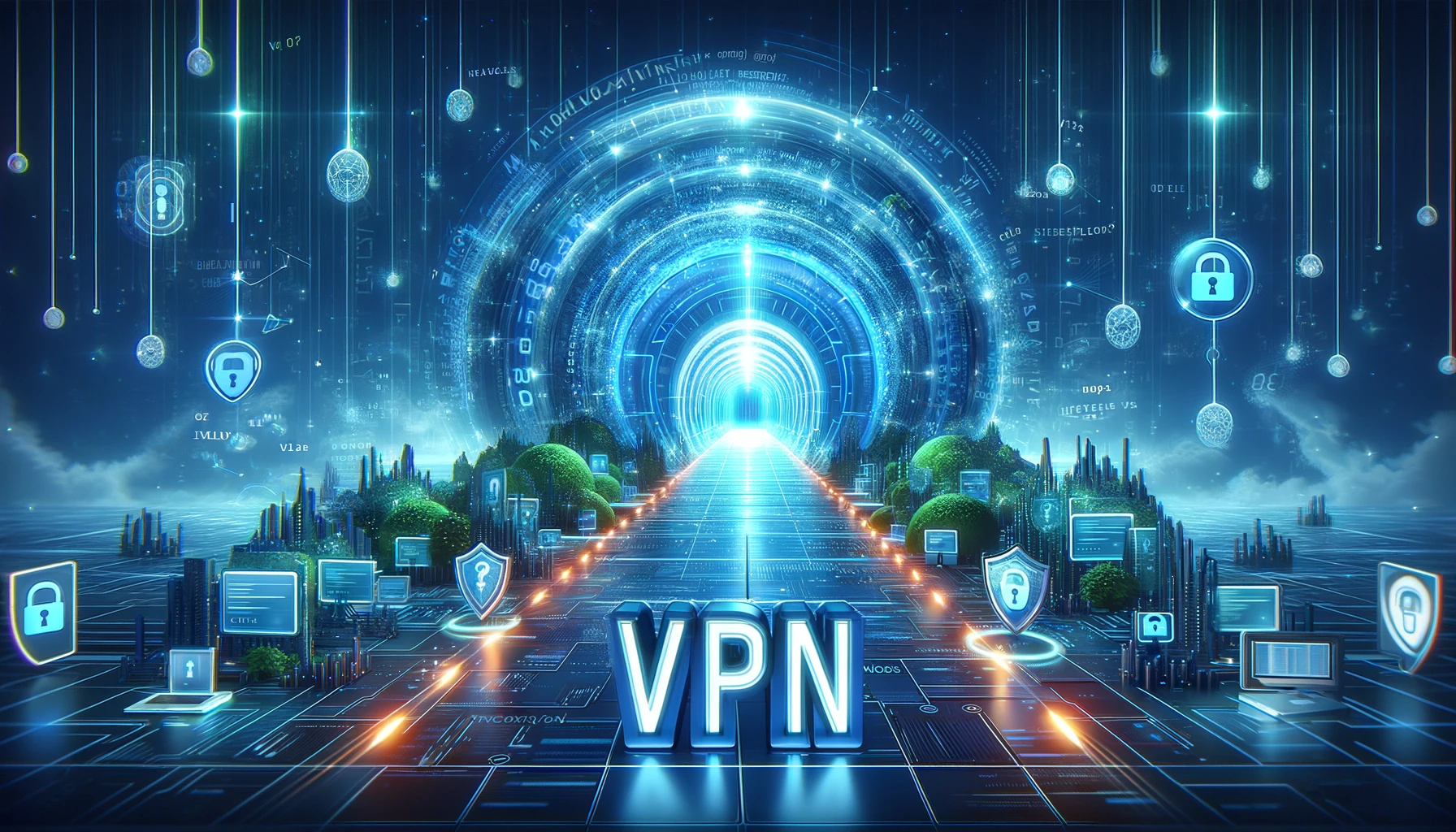Unraveling the Mysteries of Virtual Private Networks
Introduction
In an era where digital information flows faster than ever, the need for privacy and security is of utmost importance. One technology that has emerged as a potent tool in the quest for secure communication is the Virtual Private Network, or VPN. But what is a VPN, and how does it function to provide you with secure and private access to the internet? This article seeks to unravel these mysteries and shed light on the world of VPNs.
TL;DR:
A Virtual Private Network (VPN) is a crucial tool for secure, private internet access. It works by encrypting your data and masking your IP address, protecting you from cyber threats, and offering anonymity online. VPNs also provide access to geo-restricted content and enable safe peer-to-peer networking. When choosing a VPN, consider its security features, speed, server locations, and privacy policies. Alternatively, using a Virtual Private Server (VPS) from PureVoltage offers greater control and access, plus a static IP address for more reliable use, making it an excellent choice for both personal and business or enterprise applications. Large-scale businesses requiring advanced VPN solutions can contact PureVoltage for tailored, enterprise-level VPN services.
What is a VPN?
A VPN is a service that allows you to connect to the internet securely and privately by routing your connection through a server and hiding your online actions. It essentially creates a private network from a public internet connection, shielding your data from prying eyes.
How Does a VPN Work?
A VPN works by creating a secure tunnel for your data to travel through, hiding your IP address, and encrypting the data sent and received. When you connect to a VPN, your device communicates with the VPN server, and all your internet traffic is routed through this secure connection.
Why Use a VPN?
Using a VPN provides numerous benefits, including:
1. Enhanced Privacy: A VPN hides your IP address and location, providing anonymity while browsing the web.
2. Improved Security: VPNs encrypt your data, providing a high level of security against cybercriminals.
3. Access to Geo-Restricted Content: VPNs allow you to connect to servers in different countries, accessing content restricted in your location.
4. Safe Peer-to-Peer Networking: VPNs provide a secure environment for file sharing and other resources.
Choosing a VPN
When choosing a VPN, consider factors like security features, speed, server locations, and privacy policies. Research a VPN thoroughly before making it your cybersecurity partner.
Alternative: Virtual Private Server (VPS) from PureVoltage
A VPS, similar to a VPN, can encrypt your internet connection, ensuring your activities are secure and private. PureVoltage provides VPS services with dedicated resources, offering more flexibility and control over your server environment.
Conclusion
In the current digital age, utilizing a VPN is increasingly important. VPNs enhance privacy and security, providing peace of mind on the internet, especially on public networks. They also offer freedom to access content without geographical restrictions.
Interested in Learning More?
Curious about the specific benefits of using a VPN? Check out Why Use a VPN? for an in-depth exploration of how a VPN can enhance your internet experience.
